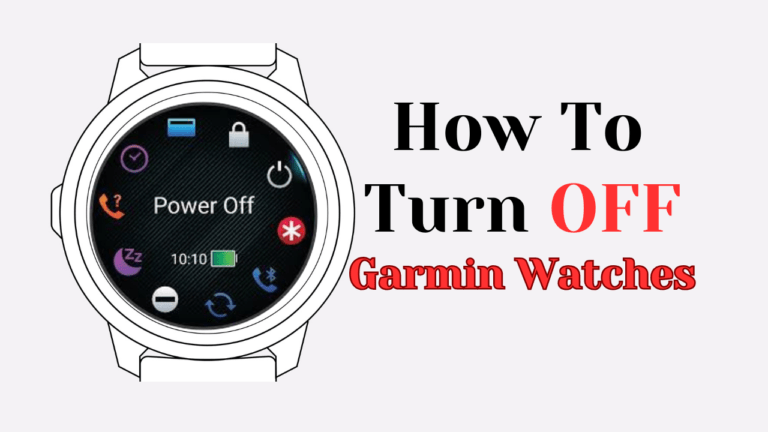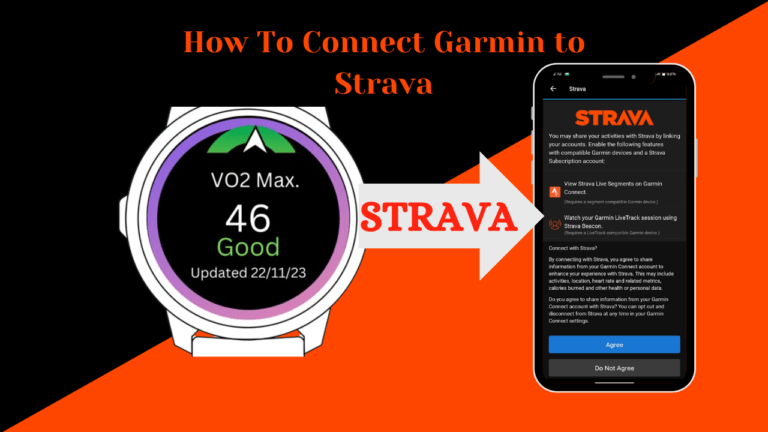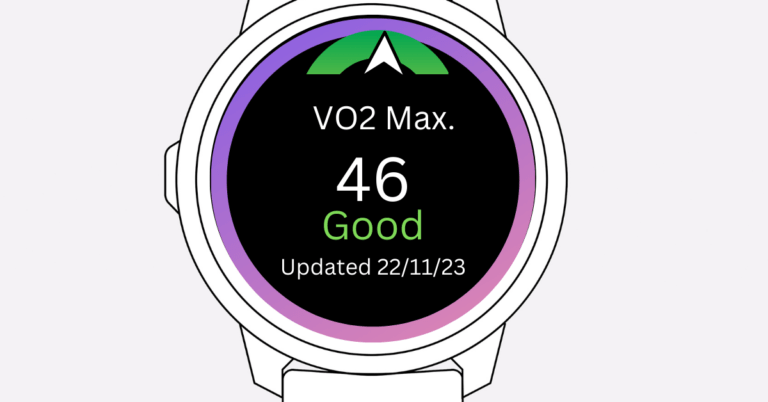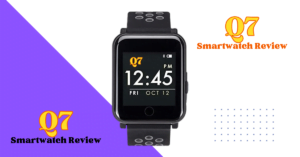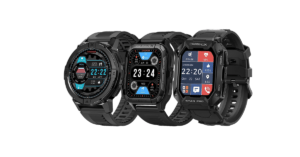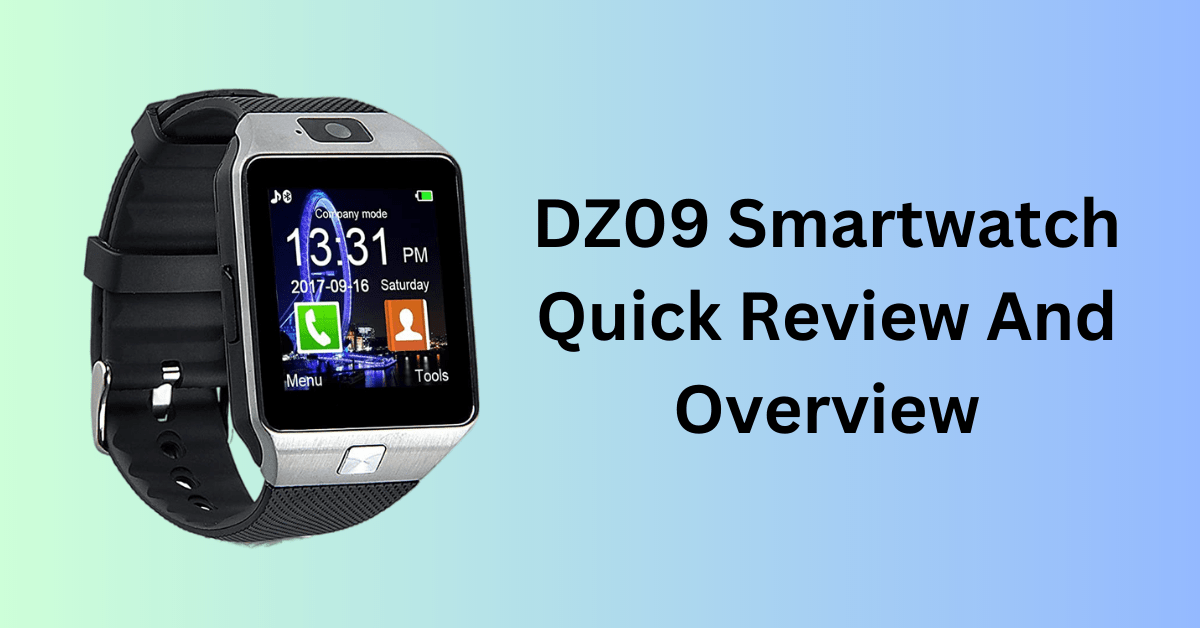Last Updated on December 4, 2023 by Kian
Garmin calorie burn estimates are considered relatively accurate, with studies suggesting an average accuracy of around 80-90%. However, it is important to note that there are several factors that can affect the accuracy of these estimates, including, individual factors, type of exercise, and intensity of exercise.
This article will provide some information for you about Garmin Calorie Burn. if you have a question how accurate is Garmin Calorie Burn? Here are some answers. This blog post will summarize the key points of the discussion the process, the results, and the implications. the Garmin is a famous watch among fitness enthusiasts to track various metrics. Accurate Calorie Tracking is important for setting and achieving health on Garmin. we need to explore the accuracy of Garmin Watches in measuring calories burned and influence their accuracy.
But Before going further, you have to know the answer to the following questions:
Do fitness watches track calories burned accurately?
How Accurate are smart watches for calories burned?
Do fitness watches track calories burned accurately?
Fitness watches can provide a general estimate of calories burned, but they are not always accurate. This is because many factors can affect how many calories you burn, such as your age, weight, activity level, and metabolism. Fitness watches typically use a combination of sensors, such as an accelerometer and heart rate monitor, to estimate your calorie burn. However, these sensors are not always perfect, and they can sometimes overestimate or underestimate the number of calories you have burned.
A study published in the Journal of Sports Medicine found that fitness trackers overestimated calorie burn by an average of 19%. Another study, published in the Journal of the American Dietetic Association, found that fitness trackers underestimated calorie burn by an average of 23%.
Despite their limitations, fitness watches can still be a useful tool for tracking your progress and motivating you to stay active. However, it is important to remember that they are not a perfect measure of calorie burn. If you are concerned about your calorie intake, it is best to talk to a registered dietitian.
If all fitness trackers can’t provide accurate calories burned, then, which fitness tracker is most accurate for calories burned? Don’t worry, we will answer it later in this blog post.
How Accurate are smart watches for calories burned?
The accuracy of smartwatches for tracking calories burned can vary depending on the specific model, the user’s individual factors, and the type of activity being tracked. However, studies have shown that smartwatches can be generally accurate, with estimates typically within 10-20% of actual calorie burn.
Smartwatches use a variety of sensors to estimate calorie burn, including accelerometers, heart rate monitors, and GPS trackers. Accelerometers measure movement, while heart rate monitors track heart rate. GPS trackers can be used to track the distance and pace of an activity, which can then be used to calculate calorie burn.
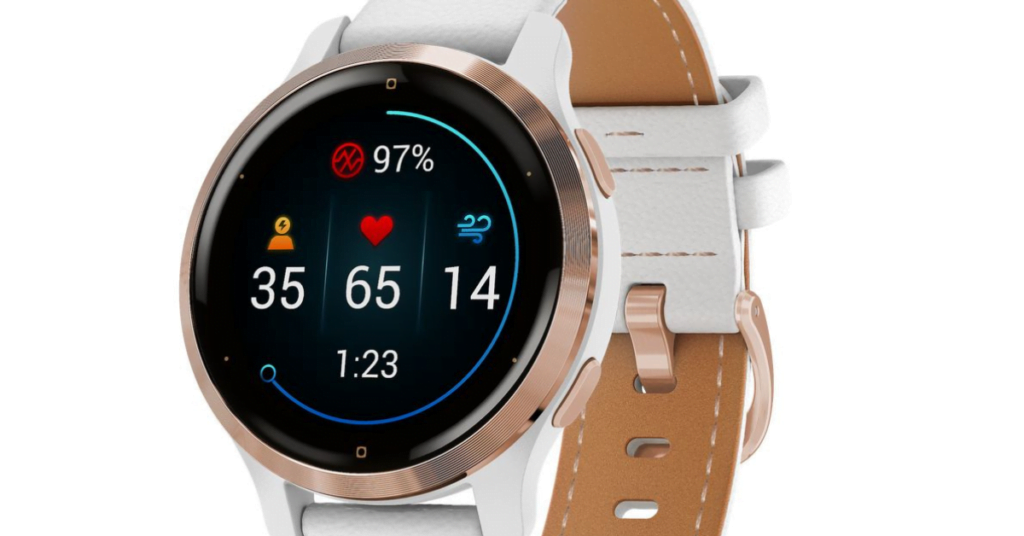
Garmin Calorie Tracking
Calories are a measure of energy in our overall health and fitness. Accurately tracking calories burned can provide information about our energy and help users make informed decisions about diet and exercise activities. this information can help in understanding whether a caloric deficit or surplus. Then we can manage and optimize performance.
How Garmin Watches Measure Calories Burned?
Garmin Watches uses advanced technology and a combination of sensors to measure calories burned during exercise activities. Garmin takes into account several factors such as heart rate, body metrics, GPS tracking, and elevation changes. according to the data analyst, Garmin provides users with an estimation of calories burned.
The Garmin Watches will consider the intensity and duration of activities. This device uses algorithms to calculate the measurements into calorie estimates. The user can look at their fitness data through the Garmin app and online platform to synchronize data. The user can look with detailed insights into their calorie expenditure and overall fitness monitoring.
The Methods of Garmin Watches Measure Calories Burned
As you know, there are several methods to measure calories burned by Garmin watches. Each method has different accuracy because sometimes the methods used offer a rudimentary guesstimate and scientific testing that’s then imported into our device to get more accurate results.
- New Leaf VO2 Test Profle
This method is one of the New Leaf Testing centers around the country. New Leaf developed a pretty comprehensive to determine calories burned based on the VO2 tests that were conducted. This test is especially for exercise you have to complete your run test so that Forerunner can determine running activity calories. After the test is complete you can download your profile into the Girmin to get the most accurate calorie burn metrics when combined with a heart monitor.
- Firstbeat Algorithm (Second Generation)
You can measure calories burned without external testing. This device was developed by First Technologies company. They calculate use variables that into the user including gender, height, and fitness. Then the data will be combined with information on heart rate from ANT+. This evaluates the time between heart rates to determine the prediction of MEW (Metabolic Equivalent) to determine actual performance.
- FR60 Heart Rate Algorithm
This method is a non-GPS running watch but has an algorithm based on heart rate. The Garmin’s engineer told Caloris that burning based on heart rate that more accurate.
- Speed/Distance Algorithm
This method uses speed and distance to enter data in the device settings. This accurate only 65-80% accurate because this method can not calculate the effort expended. This method only calculates the speed and distance. For example, when you get off the hill using a bicycle you don’t use energy but go down at speed. This method still measures based on speed, not based on the power expended.
Are Calories Burned on Garmin Accurate?
Several studies have compared the accuracy of Garmin with other fitness users and found them to be generally reliable. However, you need to understand that essential calorie tracking can vary depending on user factors and activities performed. the activities of each user are different between experienced users who rarely exercise and users who often exercise: individual physiological variations and factors influence the accuracy of calorie tracking accuracy on Garmin watches.
How Accurate is Garmin Calorie Burn Reddit Forum Discussion
The Reddit discussion revolves around the accuracy of Garmin watches in calculating calorie burn, particularly during cycling activities. The original poster (OP) mentions that their Garmin watch indicates varying calorie burn rates for easier and harder rides. They seek confirmation on the accuracy of these readings given their age, height, and weight.
Several users express skepticism, with comments stating that Garmin watches are not accurate in measuring calorie burn. One user suggests using a power meter paired with a heart rate monitor for more accurate data. Another user recommends a complex method of calibrating by establishing a baseline metabolic rate through meticulous tracking of calories consumed and daily weight over two weeks.
The OP responds by mentioning that they have a nutritionist who calculates their caloric needs, and this information is incorporated into the Garmin app. A user suggests that for more accurate results, a power meter should be used alongside a heart rate monitor.
The discussion continues with users questioning the Garmin watch model and asserting that calorie counts are mere estimates. Some users emphasize the inaccuracy of heart rate measurements on the watch. Others suggest that power meters are the only accurate way to measure calories burned during cycling.
In a contrasting view, a user claims that their Garmin watch’s estimates align closely with their cycling efforts, but they acknowledge potential overestimation. Another user shares a specific experience of a long cycling ride with detailed calorie readings from various devices, highlighting discrepancies in the Garmin watch’s bonus calorie calculations.
Overall, the consensus in the discussion leans towards skepticism regarding the accuracy of Garmin watches in measuring calorie burn during cycling activities. Users suggest alternative devices, such as power meters, for more reliable data.
Read Full Discussion Here: https://www.reddit.com/r/cycling/comments/13sj5lx/is_the_garmin_watch_accurate_for_calories/?rdt=65291
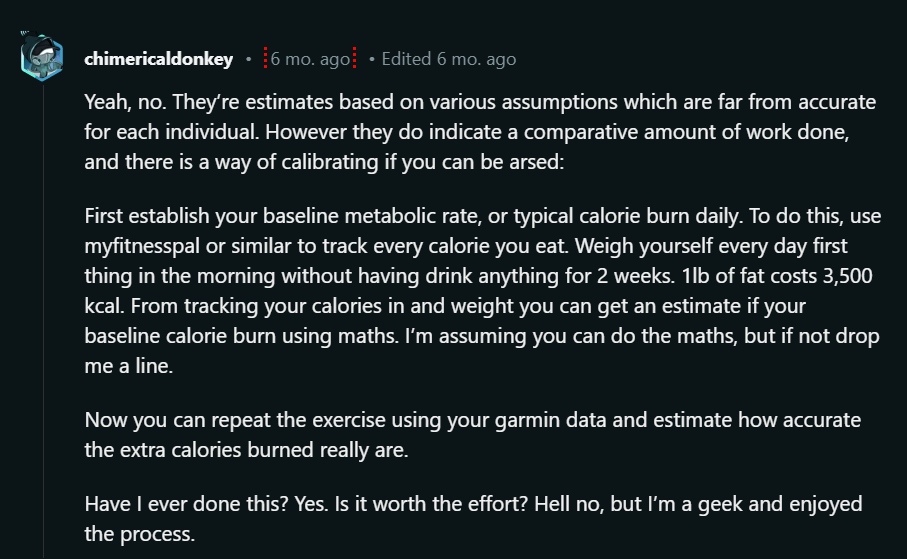
How Accurate is Garmin Calorie Burn Garmin Forum Discussion
The Garmin forum discussion revolves around a user’s dissatisfaction with the calorie burn readings on their Garmin 235 watch. AndreasPettas, the original poster, expresses concern about the seemingly inaccurate calorie burn information provided by the watch. Other forum members respond with their experiences and suggestions.
One user, timgrose, points out that there are other threads on the same subject and asks for clarification on what activities AndreasPettas engaged in. AndreasPettas then mentions doing 30 minutes on an elliptical at the gym and having a regular office job.
Another user, hllb, shares that they haven’t had any issues with their Garmin 235, and their daily calorie burn is slightly higher than that recorded by their Fitbit. gpb11 provides troubleshooting advice, suggesting that incorrect user stats or a new device that hasn’t “learned” the user might cause such inaccuracies. They advise checking parameters, including min and max heart rate settings.
MrGiggler adds a different perspective, stating that their Garmin watch tends to underestimate calorie burn compared to Strava. They emphasize the need for accuracy due to dietary considerations and express trust in Strava’s estimates over Garmin’s.
gpb11 responds, acknowledging the Garmin vs. Strava discrepancies and highlighting that Strava includes basal metabolic rate (BMR) calories, making its readings higher. The user also shares insights into their personal experiences with different Garmin devices and Strava.
timgrose agrees with gpb11’s observation about Strava including BMR calories. MrGiggler appreciates the detailed response and raises a question about whether Garmin’s VO2 Max estimate affects the calorie burn calculation.
gpb11 responds affirmatively, stating that Garmin uses heart rate and VO2 Max as part of the calorie count. They elaborate on the role of VO2 Max estimation and recommend letting the watch “learn” over several runs before trusting its calculations.
In a later comment, NewOrleansDavid cites a study that suggests Fitbit is the most accurate among devices for estimating calories but still has an average error of 25%.
The discussion continues with additional users, including 7377541, sharing their dissatisfaction with the Fenix 5 Plus and reporting discrepancies in calorie burn compared to Fitbit readings.
In summary, the Garmin forum discussion highlights user dissatisfaction with the calorie burn readings on the Garmin 235, with various users sharing their experiences, troubleshooting tips, and observations about discrepancies between Garmin and other devices like Fitbit and Strava.
Read Full Discussion Here: https://forums.garmin.com/sports-fitness/running-multisport/f/forerunner-230-235/105605/garmin-235-calorie-burn-there-is-no-way-this-is-accurate#pifragment-1279=2
Maximizing Your Fitness Experience with Garmin: 5 Practical Tips
Having a Garmin watch comes with a wealth of features, some of which are often underutilized. While most information focuses on running, cycling, and swimming, this post will guide you on optimizing your Garmin for the best results during strength training at the Fitness.
Tip 1: Pre-Plan Workouts on Garmin Connect App
- Before hitting the gym, log your lifting workouts into your Garmin watch using the Garmin Connect app.
- Access the workout planning feature under “More” > “Training and Planning” > “Workouts” > “Create a workout” > “Strength.”
- This ensures your workout is ready to go when you arrive, streamlining your gym experience.
Tip 2: Utilize Built-in Rep Counter
- Take advantage of the built-in rep counter on your Garmin watch during strength training sessions.
- Adjust reps and weights immediately after each set for a more accurate tracking experience.
- This real-time editing feature helps maintain precise workout records.
Tip 3: Avoid Unnecessary Workout Logs
- Structure your workouts to avoid unnecessary entries on your watch.
- For example, consolidate warm-up, main strength training, and cooldown into a single workout entry.
- This not only declutters your data but also provides a more comprehensive overview of your session.
Tip 4: Freestyle Workouts with Free Mode
- If you prefer freestyling your workout, use the “Free Mode” under strength on your Garmin watch.
- Edit and customize your workout retrospectively using the Garmin Connect app.
- This flexibility caters to those who enjoy spontaneous or varied workout routines.
Tip 5: Import Benchmark Exercises for Strength Training
- Import benchmark exercises into the Garmin Connect app to determine your one-rep max and estimate percentages.
- This feature streamlines strength training workouts by calculating percentages based on your max.
- It simplifies the planning process, allowing you to focus on the intensity of your workout.
Does Garmin calories burned include BMR?
No, Garmin calories burned do not include BMR (Basal Metabolic Rate). Instead, Garmin uses RMR (Resting Metabolic Rate), which is a slightly higher estimate of your calorie burn at rest. This is because RMR takes into account additional factors such as digestion and mental alertness.
Garmin’s total calorie burn calculation includes RMR plus any calories burned during activity. This means that the total calorie burn number you see on your Garmin device is a more accurate representation of your overall calorie expenditure than BMR alone.
What calorie units does Garmin use?
Garmin uses the term “calories” to represent the amount of energy you burn, but they are actually referring to kilocalories (kcal). This is the same unit of energy used on food labels and in nutrition science. One kilocalorie is equal to 1,000 calories.
Garmin uses kcal because it is the standard unit of energy used in scientific literature. This makes it easier to compare Garmin’s calorie burn estimates to other sources of information, such as food labels and nutrition research.
So, when you see “calories” on your Garmin device, you can rest assured that they are referring to kcal, the same unit of energy used in other contexts.
Which fitness tracker is most accurate for calories burned?
Basically there is no fitness tracker which can calculate accurate calories burned. But on our research and analysis Fitbit devices and Garmin’s Vivomove Sport Watch, show the most accurate calories burned.
Which Garmin Watch is Best for Measure Calories Burned?
There are a few Garmin watches that are great for measuring calories burned. Here are a few of the best:
- Garmin Vivomove Sport: This watch is stylish and comfy. It looks like a regular watch but shows your calories burned, steps, heart rate, and more on a small digital screen.
- Garmin Venu 2: A fancier smartwatch with a big OLED display. It’s good for fitness with features like GPS, heart rate monitoring, and blood oxygen tracking.
- Garmin Forerunner 245: Perfect for runners and triathletes. It has GPS, heart rate tracking, and advanced running metrics like VO2 max and training status.
- Garmin Fenix 6 Pro: A top-notch option with GPS, heart rate monitoring, and many fitness features. It also has smart functions like music storage and notifications.
- Garmin Epix (Gen 2): The latest smartwatch from Garmin. It has a nice display, a long battery life, and all the fitness tracking features of the Fenix 6 Pro.
Choose the best one for you based on what you need and your budget. If you want a stylish and simple watch, go for the Vivomove Sport. If you prefer a more advanced smartwatch focused on fitness, try the Venu 2 or Forerunner 245. And if you want all the high-end features, the Fenix 6 Pro or Epix (Gen 2) are great options.
Conclusion:
How Accurate is Garmin Calorie Burn? This device uses algorithms to calculate the measurements into calorie estimates. the user can look at their fitness data through the Garmin app and online platform to synchronize data. the user can look with detailed insights into their calorie expenditure and overall fitness monitoring. There are tips for you to maximize your Garmin watch potential during fitness. Consider incorporating these practices to enhance your overall fitness experience with Garmin. Stay tuned for more in-depth tutorials in our Garmin series, and don’t forget to subscribe for future updates.






